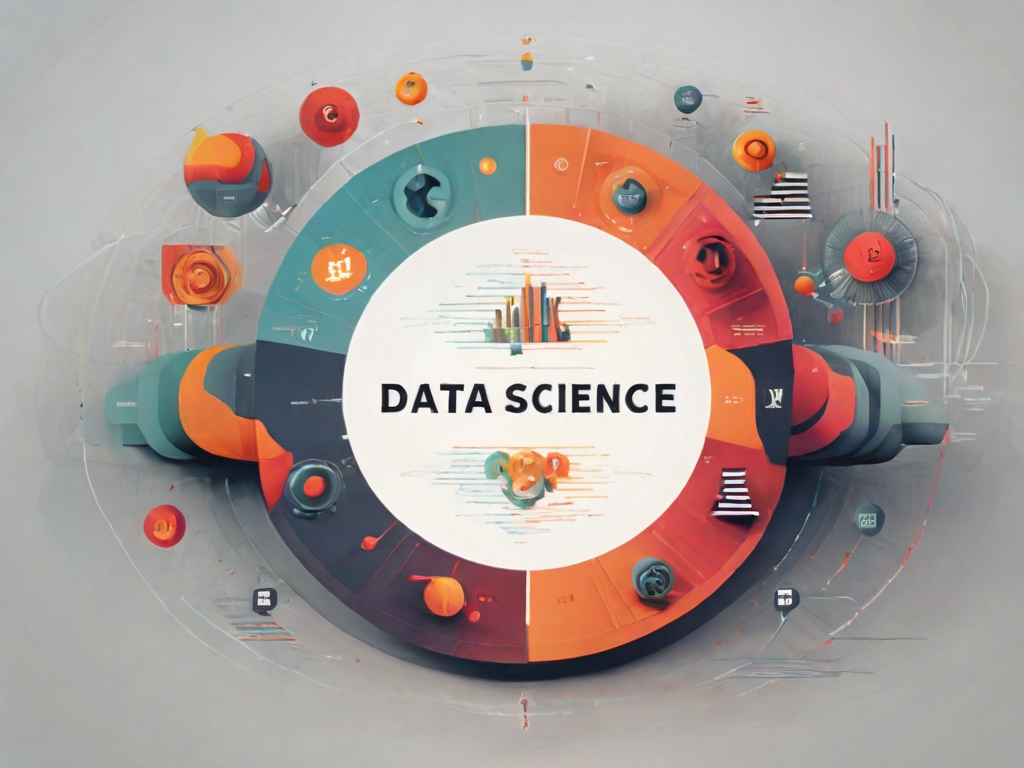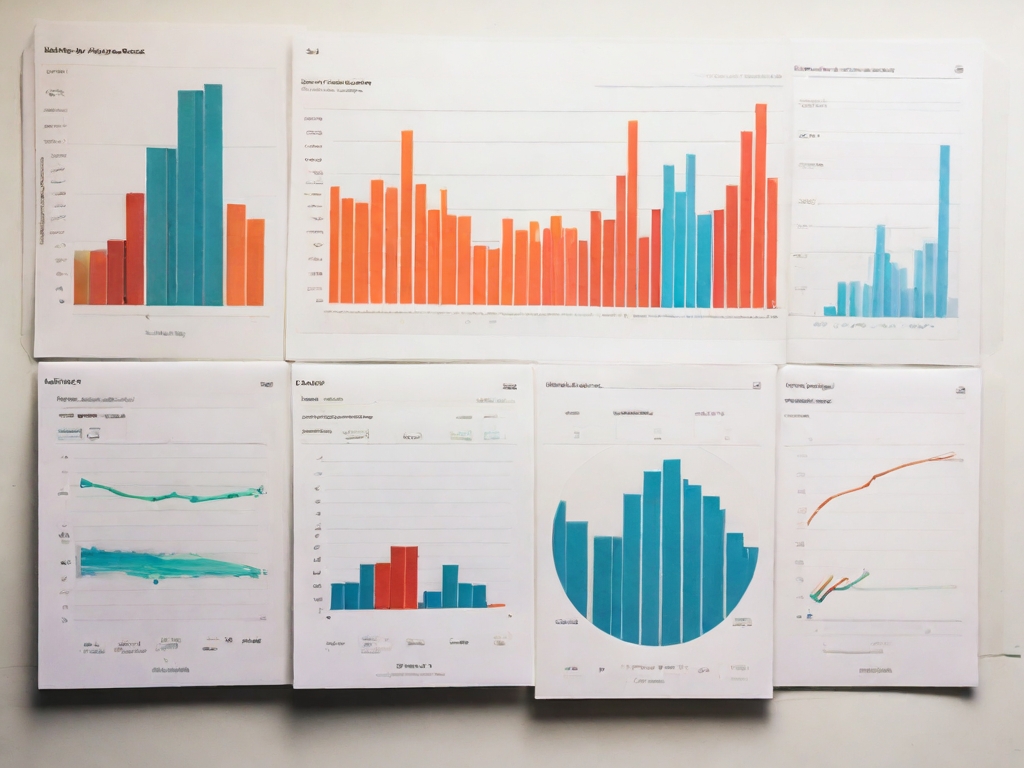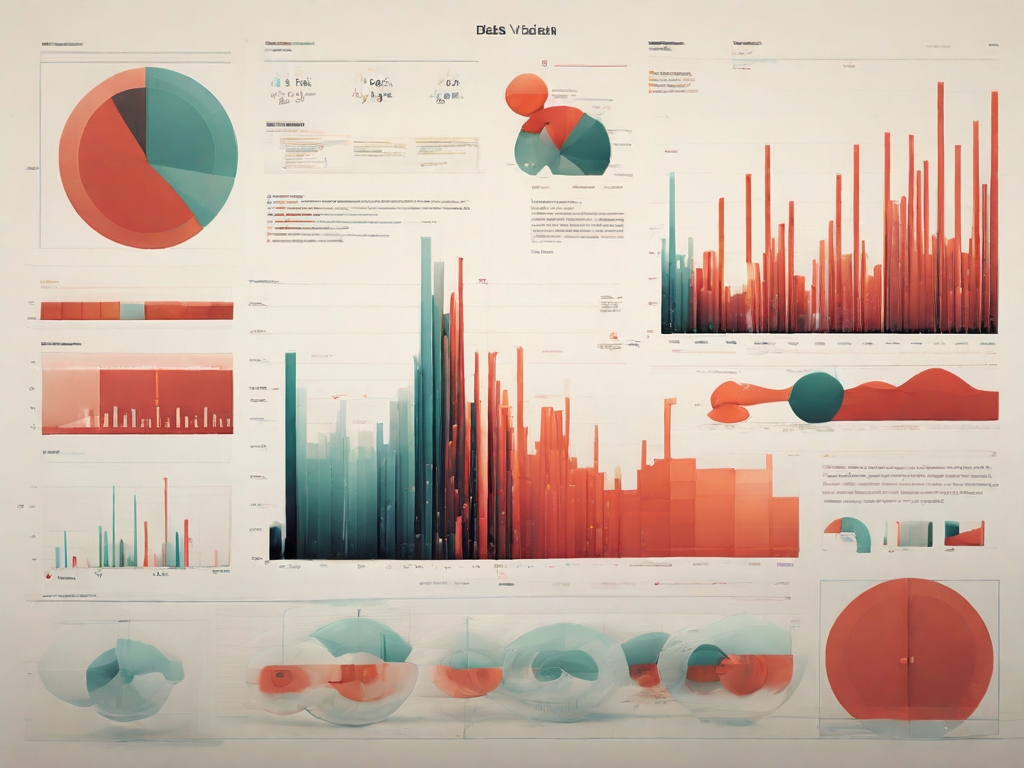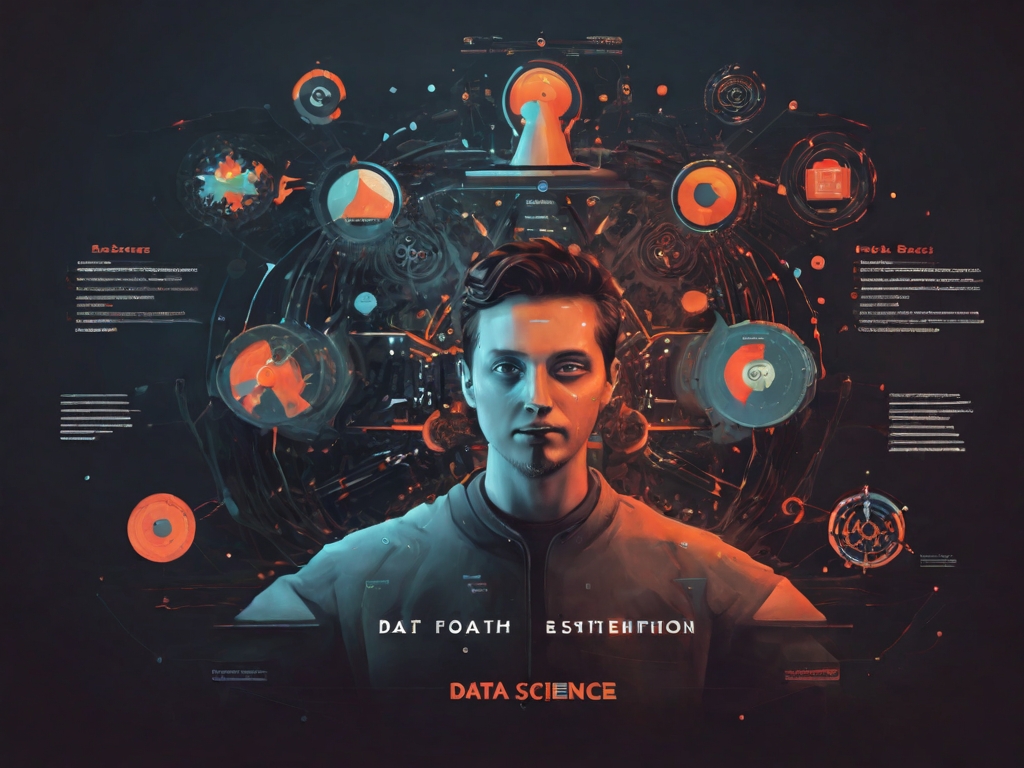
In an age where data reigns supreme, the role of data science has emerged as a pivotal force shaping industries, driving innovation, and revolutionizing decision-making processes. But what exactly is data science? Who are data scientists, and what do they do? Why has this field gained such prominence in recent years? In this comprehensive guide, we will delve deep into the realm of data science, demystifying its concepts and shedding light on its significance in today’s world.

Understanding Data Science
At its core, ”’what is data science”’? In simple terms, data science is an interdisciplinary field that encompasses various scientific methods, algorithms, and systems to extract insights and knowledge from structured and unstructured data. It amalgamates elements from statistics, mathematics, computer science, and domain knowledge to analyze complex data sets and derive actionable insights.

Evolution of Data Science
The roots of data science can be traced back to the early days of computing, where statistical methods were employed to analyze data. However, with the exponential growth of digital data in the 21st century, fueled by the proliferation of the internet, social media, and IoT devices, the need for more sophisticated techniques to handle and extract value from massive datasets became apparent. This gave rise to the modern era of data science, characterized by advanced algorithms, machine learning, and artificial intelligence.

The Role of a Data Scientist
Central to the field of data science is the ”’what is a data scientist”’ and what they do. A data scientist is a skilled professional who possesses a unique blend of technical expertise, analytical prowess, and domain knowledge. They are tasked with collecting, processing, and analyzing data to uncover hidden patterns, trends, and correlations that can inform strategic decision-making within organizations.

Key Responsibilities of a Data Scientist
Data Collection and Cleaning: Data scientists are responsible for gathering relevant data from various sources, including databases, APIs, and IoT devices. They must also clean and preprocess the data to remove noise, inconsistencies, and missing values.
Exploratory Data Analysis (EDA): Before diving into complex modeling techniques, data scientists often perform exploratory data analysis to gain a deeper understanding of the data’s characteristics and uncover initial insights.
Statistical Analysis: Data scientists leverage statistical methods to identify relationships between variables, test hypotheses, and validate assumptions.
Machine Learning Modeling: One of the core responsibilities of a data scientist is to develop and deploy machine learning models that can predict outcomes, classify data, or cluster similar observations.
Data Visualization: Communicating insights effectively is crucial in data science. Data scientists use data visualization tools and techniques to create compelling visualizations that convey complex information in a clear and intuitive manner.

Data Science in Simple Words
So, ”’what is data science in simple words”’? Imagine you have a treasure trove of data containing valuable information about customer preferences, market trends, and business operations. Data science is the key that unlocks the hidden treasures within this data, helping organizations make informed decisions, optimize processes, and gain a competitive edge in today’s data-driven world.

The Importance of Data Science
In an era characterized by information overload, organizations that harness the power of data science gain a significant advantage over their competitors. Here are some compelling reasons why data science has become indispensable in today’s landscape:
1. Informed Decision-Making
Data-driven decision-making lies at the heart of successful businesses. By leveraging data science techniques, organizations can make informed decisions based on empirical evidence rather than intuition or guesswork.
2. Enhanced Efficiency and Productivity
Data science enables organizations to streamline processes, automate repetitive tasks, and optimize resource allocation, leading to increased efficiency and productivity across all facets of the business.
3. Personalized Customer Experiences
In an age where customers expect personalized interactions, data science allows organizations to analyze customer behavior, preferences, and feedback to deliver tailored products, services, and marketing campaigns.
4. Predictive Analytics
By analyzing historical data and identifying patterns, data scientists can develop predictive models that forecast future trends, risks, and opportunities, empowering organizations to proactively address challenges and capitalize on emerging trends.
5. Innovation and Growth
Data science fuels innovation by uncovering new insights, identifying market gaps, and facilitating experimentation. Organizations that embrace data-driven innovation are better positioned to adapt to changing market dynamics and drive sustainable growth.

Challenges and Opportunities in Data Science
While the field of data science holds immense promise, it also presents several challenges and opportunities that data scientists must navigate:
1. Data Quality and Accessibility
One of the primary challenges in data science is ensuring the quality and accessibility of data. Oftentimes, data may be incomplete, inaccurate, or stored in disparate formats, making it challenging to extract meaningful insights.
2. Ethical and Privacy Concerns
As data becomes increasingly ubiquitous, concerns regarding privacy, security, and ethical use of data have come to the forefront. Data scientists must adhere to ethical guidelines and regulations to ensure the responsible use of data.
3. Talent Shortage
The growing demand for data scientists has outpaced the supply of skilled professionals, leading to a talent shortage in the field. Organizations must invest in training and development initiatives to bridge the skills gap and cultivate a robust data science workforce.
4. Interpretability and Transparency
As machine learning models become more complex, ensuring their interpretability and transparency poses a significant challenge. Data scientists must strike a balance between model accuracy and explainability to gain stakeholders’ trust and acceptance.
5. Continuous Learning and Adaptation
Data science is a rapidly evolving field, with new techniques, algorithms, and technologies emerging at a staggering pace. Data scientists must embrace lifelong learning and stay abreast of the latest developments to remain relevant in the ever-changing landscape.

Conclusion
In conclusion, data science is a multidisciplinary field that holds the key to unlocking valuable insights, driving innovation, and enabling informed decision-making across industries. From identifying market trends to predicting customer behavior, the applications of data science are vast and far-reaching. By harnessing the power of data science, organizations can gain a competitive edge, foster innovation, and chart a path towards sustainable growth in today’s data-driven world.
As we continue to embrace the era of big data and artificial intelligence, the role of data scientists will only become more pivotal in shaping the future of business, technology, and society at large. Whether you’re a seasoned data scientist or a newcomer to the field, the journey of exploration and discovery in data science promises to be both challenging and rewarding, offering endless opportunities to make a meaningful impact in the world of data-driven decision-making.
So, what is the work of a data scientist? It’s not just about crunching numbers or building models; it’s about transforming data into actionable insights that drive real-world impact and unlock the full potential of data in today’s interconnected world. As we embark on this journey of discovery, let us embrace the power of data science to drive positive change and create a better future for generations to come.
